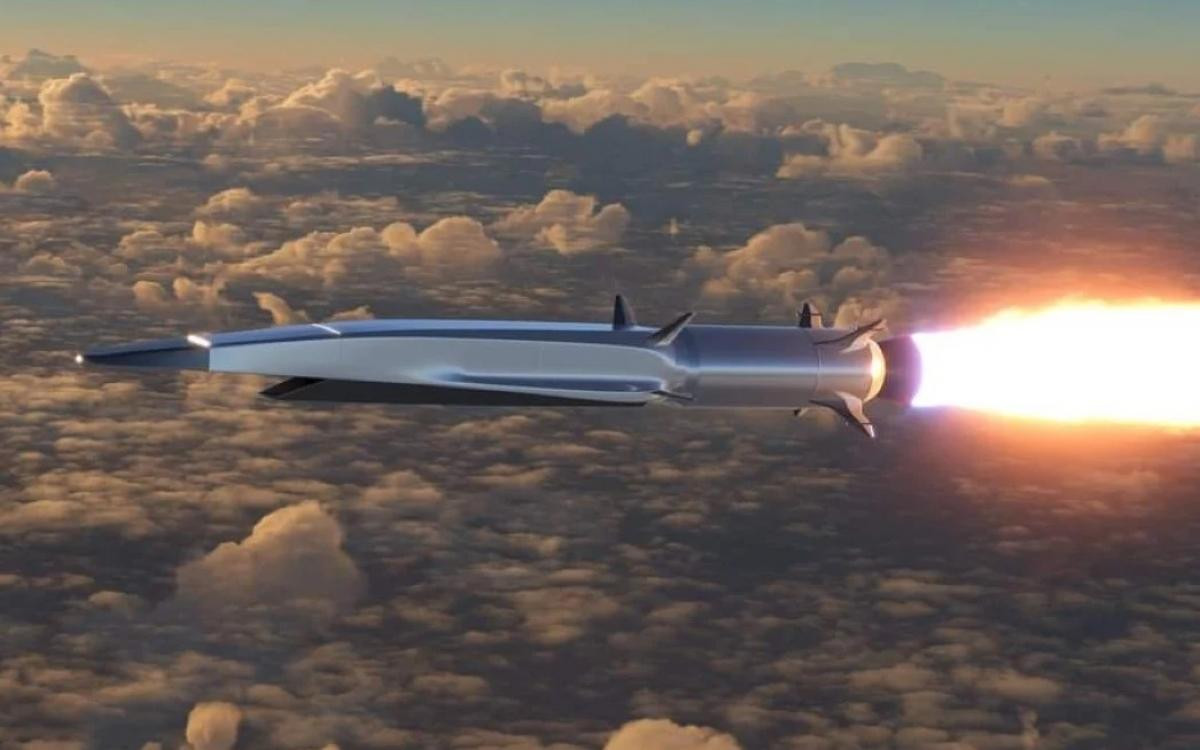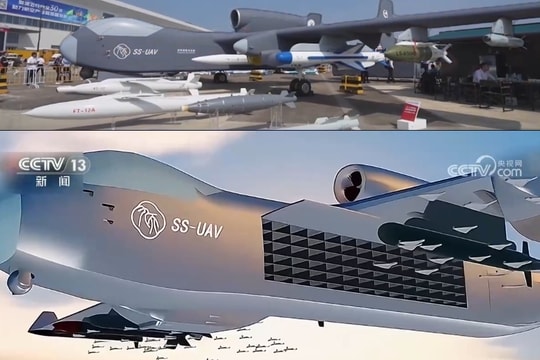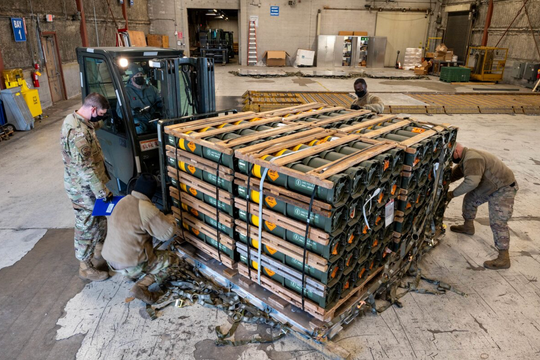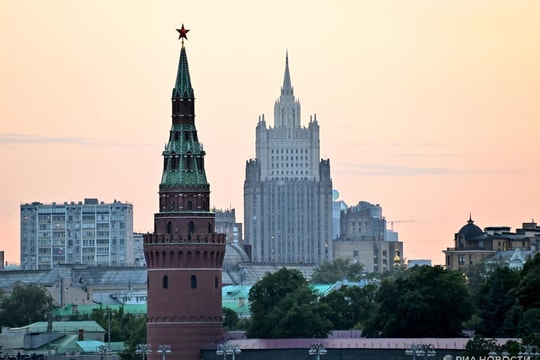Iran claims hypersonic missile can reach Tel Aviv (Israel) in 7 minutes
Iranian media outlets linked to the Islamic Revolutionary Guard Corps are threatening to attack Israel with supersonic missiles amid rising tensions between the two rival countries.
Last week, Commander of the Islamic Revolutionary Guard Corps Aerospace Force, Amir Ali Hajizadeh, announced that Iran had developed its first national hypersonic ballistic missile.
 |
Illustration of Iran's hypersonic missile. Source: Eurasian Times. |
The commander was the first to announce a brand new hypersonic missile developed by Iran. “The new missile will overcome any missile defense system. I do not think that in the coming decades there will be technology capable of intercepting it,” he was quoted as saying by Tasnim news agency.
Less than 7 minutes
The Sobh-e-Sadegh newspaper, which is believed to have links to Iran's Revolutionary Guards, has implicitly expressed a threat to Israel by implying that Iran's new hypersonic missile could reach Israel in just 400 seconds (nearly 7 minutes).
Notably, the article was written in Hebrew even though its author is an Iranian defense expert. Not only that, it also appeared on the front page of the newspaper.
The author of the article then mentioned hypersonic missiles as a game changer because they can overcome most modern air defense systems.
For its part, Israel deploys some of the most advanced air defense systems in the world, including the Iron Dome system. Systems like Iron Dome are highly sought after on the international market. Even the Ukrainian military now wants to acquire them.
Hypersonic missiles, however, are so far impossible to intercept. They travel five times faster than the speed of sound and follow an unpredictable trajectory.
Neither Israel nor the United States currently possesses operational hypersonic weapons. Russia and Iran do. North Korea is believed to have tested a hypersonic missile.
If the information provided by Iran is correct, this is the fourth country in the world to possess this type of weapon, before modern and rich countries like the US and Israel.
Iran's hypersonic technology could put new pressure on its rivals
The United States and several international institutions have downplayed the Iranian commander's claims of developing hypersonic missiles.
“We see that all these statements have the effect of increasing attention and concern about Iran's nuclear program,” the director general of the International Atomic Energy Agency (IAEA) said at the UN COP27 climate conference in Egypt.
However, it seems Iran is more than just talking. “Hypersonic vehicles fly over shorter distances, so 400 seconds is feasible,” said an Iran expert who asked not to be named.
The development of hypersonic missiles and the public threats in the press could further escalate tensions between Iran and its regional rivals, which have suffered under years of Western economic sanctions.
Meanwhile, Israel has issued a number of direct threats againstIran. In September 2022, then-Israeli Prime Minister Yair Lapid stood in front of an F-35 stealth fighter and declared: “If Iran continues to test us, they will discover Israel’s weapons and long-range capabilities. We will continue to act on the counter-terrorism front and against those who seek to harm us.”
The phrase “long-range weapon” refers to the new capability of the F-35 fighter jet, which is to fly long distances without refueling to target Iran’s nuclear facilities. Iran has prepared its air force, especially its F-35 arsenal, to attack Iran’s nuclear facilities.
Israel and other Middle Eastern countries are coming together to form a Middle East Air Defense (MEAD) coalition to counter the perceived threat from Iran and its proxies, as well as Iran's diverse UAVs and missiles.
This alliance, still in its infancy, is officially recognized by the state of Israel and is being promoted by the United States.
Iran is currently being watched by many countries because it is believed to have provided Russia with cheap UAVs and even ballistic missiles to help Russia strengthen its combat capabilities against Ukraine./.







